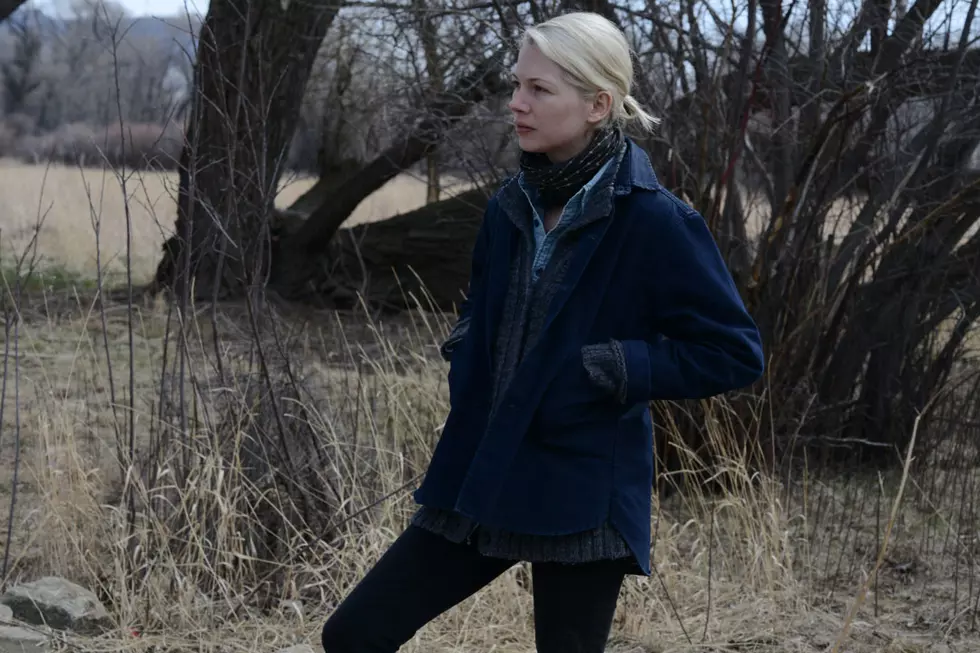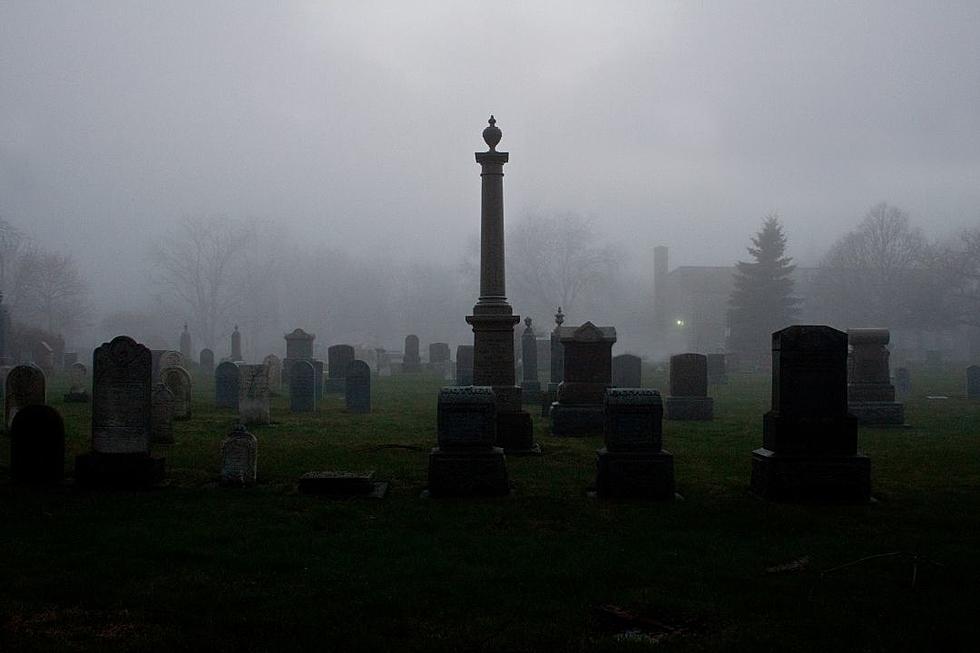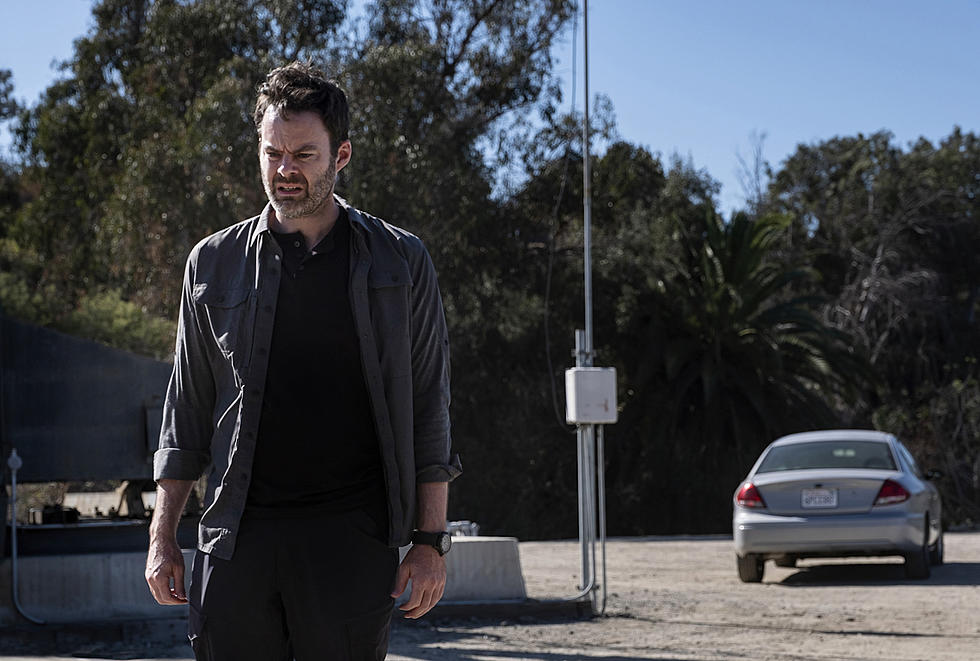
‘Certain Women’ Review: Three Vignettes Form Kelly Reichardt’s Tale of Montana Women
Certain Women, the latest from Kelly Reichardt (based on the short stories of Maile Meloy), is made up of three loosely interwoven vignettes about women living in Montana. There’s a lawyer, a wife and a farmer whose lives are each interrupted by something unexpected.
In the first story, Laura Dern is Laura Wells, a lawyer having an affair with a married man, Ryan Lewis (James Le Gros). One of Laura’s clients is Fuller (Jared Harris), a stubborn construction worker who sustained a bad head injury that left his vision impaired. Laura has repeatedly told Fuller his lawsuit against his employer is impossible to win, but he only comes to believe it when given the second opinion of a male lawyer. This is nothing new for Laura though, a woman used to not being heard by men. At this point it seems like Reichardt’s film will tackle stories of strong women trampled over and dismissed for their gender. But that prospect soon fades as Certain Women whisks off down abstruse, unfulfilled paths. Laura’s story turns into an uneventful hostage situation, then the film falls off course in the middle section about the sale of rock debris.
The second vignette introduces Michelle Williams’ Gina Lewis who’s camping with her unfaithful husband Ryan and their apathetic teenage daughter. Ryan describes his wife as the head of the family, a woman who seems more concerned with meeting her goals than offering compassion. But Certain Woman quickly loses focus as we follow Gina trying to convince an elderly man, Albert (Rene Auberjonois), to sell the local sandstone on his property. Despite the sentimental value it holds for Albert, Gina is resolute on buying it for Ryan to build the family’s house with. As much as one could try to extrapolate meaning from this story, Reichardt gives us so little with these characters that whatever significance Gina’s story holds is anyone’s best guess.
Much of Certain Women is a gorgeous and serene experience to take in. Shot on 16mm, Reichardt’s unrushed eye and Christopher Blauvelt’s (Night Moves, Meek’s Cutoff) naturalistic cinematography capture characters in peaceful, open landscapes like a series of paintings. Like Meek’s Cutoff, Wendy and Lucy and Reichardt’s other work, this film indulges in long pauses, scarce dialogue and repeated looks at daily chores and routines. However, the filmmaker’s contemplative observance of ordinary American lives hard at work is a style better suited for those films. It gave her past work a transcendent and meditative quality, but here that gets lost in aimless wandering and only adds to the disconnect between the three stories. The first two feel like the extended intros of what could’ve been larger, more compelling narratives. Though it’s in the third segment that the film finally shines and reaches its potential.
In it, Lily Gladstone is Jamie, a reticent rancher who cares for the horses on her Montana farm. Jamie attends a nearby adult school course one night where Kristen Stewart’s Beth teaches school law. A lawyer, Beth took the job for extra money despite having to drive eight hours round trip for it. It’s not clear what drew Jamie to the course, but Beth is what keeps her going and becomes the highlight of her week. They go to the diner each night after class where Jamie never eats and rarely talks, but quietly listens to Beth, a slight smile breaking across her face from time to time. Whether Jamie’s attraction to Beth is a crush, love or an intense fixation goes unexplained, but that’s precisely what makes this story so moving.
Reichardt fashions a beautiful, understated story of platonic connection out of this third chapter. It thrives on fantastic performances from Gladstone and Stewart and features Reichardt’s best directing in the film, most notably in long horse ride and car ride scenes suffused with more stifled emotions than words. Gladstone translates Jamie’s longing and anticipation through nuanced expressions, an aesthetic somewhat similar to the subtle romance of Todd Haynes’ Carol (it’s worth nothing Haynes is a producer on the film). Stewart’s awkward, withdrawn body language and hesitant responses make this one of her best performances yet, and she’s hardly on screen for 30 minutes. Once again, the actress has further proven how much her talent can enhance a film, and in this case, be the best part of one.
The extreme subtlety and understatements of Certain Women are what position it as either a difficult film that’s better understood over multiple viewings and analysis, or a series of short stories that fail to reach a destination. Some may say its strength lies in how it expresses the emotional power of silence and stillness. Others may dismiss it as boring and repetitive. Neither descriptions of Certain Woman are wholly wrong or right, though. This a film for a very particular audience, the type of work that requires patience for the quiet intersections and confrontations of simple lives. Reichardt achieves that well at moments, like in the entire third segment and in the return to Laura and Fuller’s story at the end. But everything else in between doesn’t offer enough to keep up intrigue. It could be the type of film that will improve after a second watch and marinate over time. But on first impression, only a third of Reichardt’s patient observations of women is worth the trip through Montana.
More From WIBX 950










